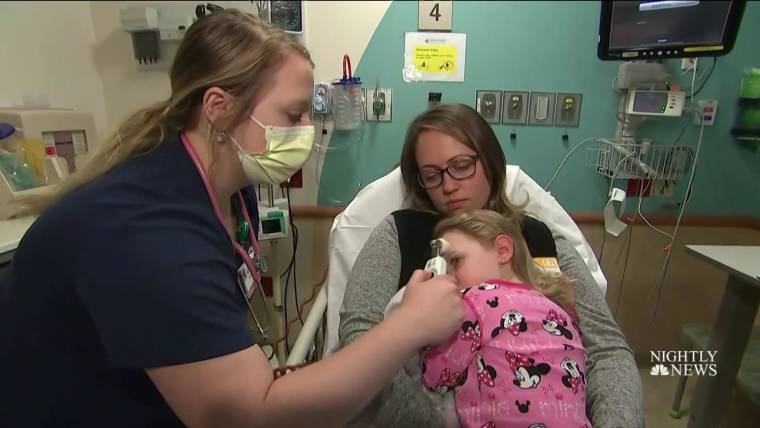More than two dozen people have been sickened by bacteria linked to pet store puppies, with the germs resistant to first-line antibiotics, the Centers for Disease Control and Prevention has announced.
The agency is investigating the outbreak of Campylobacter jejuni in 13 states, with 30 cases reported as of Tuesday. Four people had to be hospitalized, but no one has died. The illnesses have been reported throughout the year, with patients ranging in age from 8 months to 70 years.
When public health officials interviewed most of the infected people, 88 percent reported contact with a puppy and of those, most said it was in a pet store. A dozen cases were linked to Petland, the national chain, including five people who were Petland employees.
The bacteria is closely related to germs that infected more than 100 people during a 2016–2018 Campylobacter outbreak, which was also linked to pet store puppies, the CDC said.
In a statement, Petland noted that more than one-third of the 2019 cases have been found in people living in places where it doesn’t have stores.
Let our news meet your inbox. The news and stories that matters, delivered weekday mornings.
“Petland takes the health and welfare of our employees, our customers and our pets very seriously,” the company said.
“Since an earlier outbreak in 2016, in which no specific source of infection was identified, Petland has implemented all recommended protocols from federal and state animal and public health officials to prevent human and puppy illness.”
Campylobacter causes 1.5 million illnesses each year in the U.S., according to the CDC. Symptoms include diarrhea that’s often bloody, fever and stomach cramps. The illness usually lasts about a week and most people recover without having to take antibiotics.
Most cases involve contaminated food, so animal-associated illnesses are rare in comparison to food poisoning episodes, said Dr. Jeanette O’Quin, a clinical assistant professor at Ohio State University’s College of Veterinary Medicine.
Pet stores can contain a perfect storm of risk factors for the animal-related outbreaks to happen, she said: Puppies from different breeding kennels get mixed together, they’re usually housed in close proximity to each other and they’re often stressed, so they’re more likely to get sick and easily spread the illness.
People can get sick by accidentally ingesting the bacteria in the stool of an infected animal — petting a puppy and then putting an unwashed hand into their mouth, for example. The animal doesn’t have to look sick for it to shed the bacteria in its stool.
“It’s a continuous problem,” O’Quin told NBC News. “One of the biggest challenges is this antimicrobial resistance. This is what raises a lot of concern… it’s alarming.”
It unusual to see a multidrug-resistant outbreak like this, making the treatment more difficult, more costly and more likely to lead to hospitalizations, O’Quin said. It’s a sign these particular bacterial strains have been exposed to a lot of antibiotics, repeatedly and over long periods of time, making them resistant and hardier, she added.
The best prevention is basic hygiene. People should always wash their hands thoroughly with soap and water after touching a puppy or dog, after handling their food and after cleaning up after them, the CDC advised.
O’Quin also urged pet owners to pick up dog waste regularly so that it didn’t accumulate in their yards, and bathe dogs recently bought from a group setting or those who have soiled their fur.
“Preventing is where we can have the most impact,” O’Quin said.













